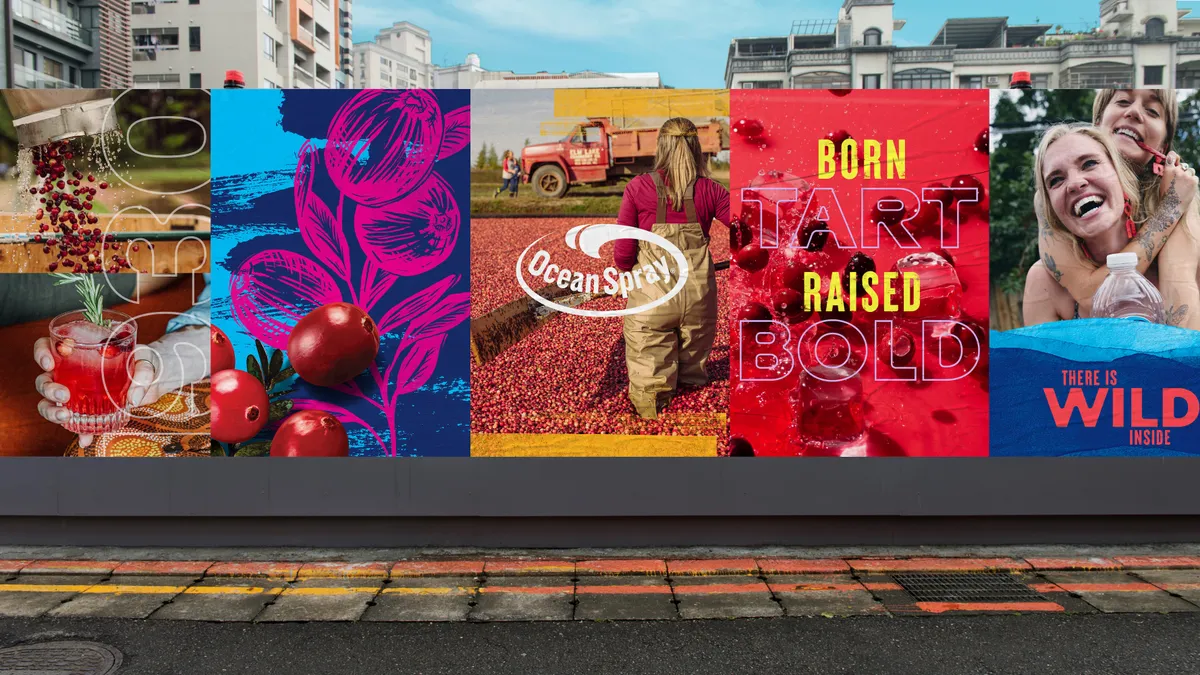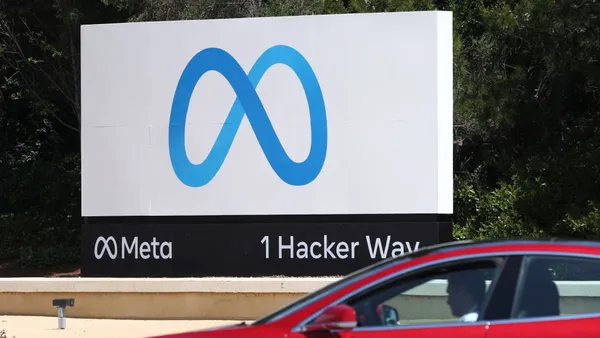Dive Brief:
- Facebook is making a change to its news feed algorithm to reduce links to web pages that contain little substantive content and are covered in disruptive, shocking or malicious ads, per a blog post.
- “We are really going after the worst of the worst. The people who are going to be affected by this are not going to have defenders," Facebook VP of ads Andrew Bosworth told Business Insider, adding publishers with offending ads will see a decrease in Facebook traffic and publishers that meet the social media giant’s standards should see an increase in traffic.
- The move is essentially an extension of Facebook’s policy of preventing advertisers with low-quality website experiences from advertising on its platform to also include organic posts on the news feed.
Dive Insight:
The latest move by Facebook, and recent news that Google is expected to include some version of ad block capability in its popular Chrome browser are both indicators that even the two largest digital ad platforms are listening to demands for high-quality ads. Facebook wants users to know it takes their experience very seriously on its advertising platform, going as far as eliminating low value banner ads in favor of native and video formats.
These developments come at a time when concern over intrusive ads and low-quality content is growing as consumers increasingly adopt ad blocking software while brands start to take a harder look at where their ads are appearing. And industry organizations have become more active in letting advertisers know that user experience needs to become a priority or the entire digital ad ecosystem will suffer.
Publishers may not like that ad platforms are making decisions on user experience from the top down, but the message around high-quality digital advertising is coming from a range of industry participants.
According to Facebook's blog post, in order the execute the new standard for news feed links Facebook reviewed hundreds of thousands of web pages to identify offending pages and then applied artificial intelligence to uncover lookalike pages.












